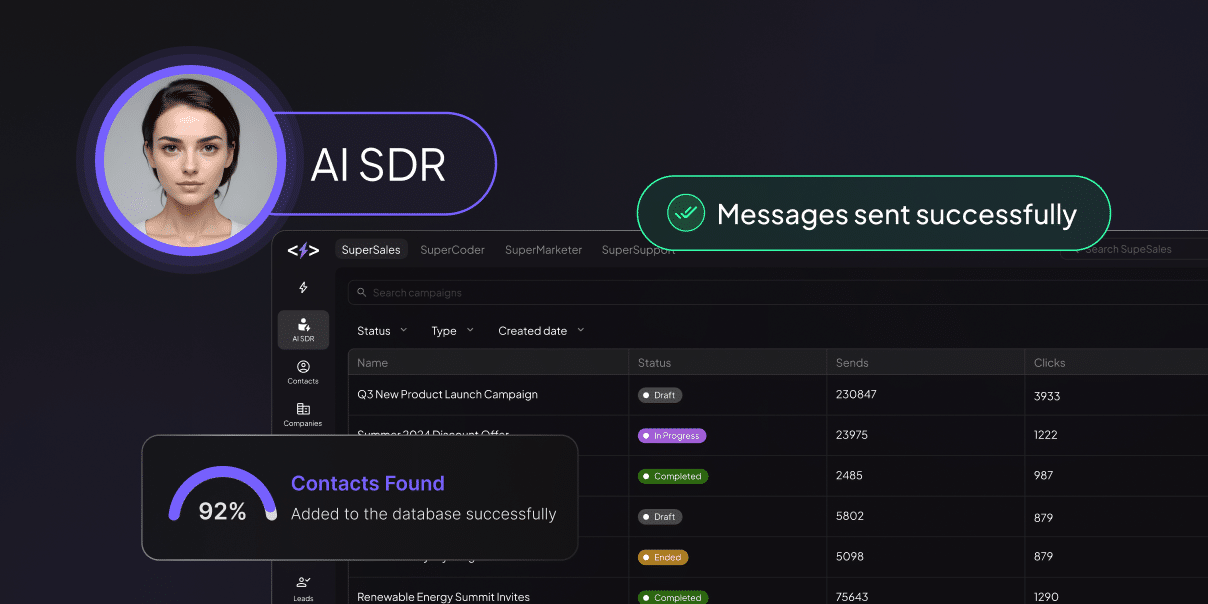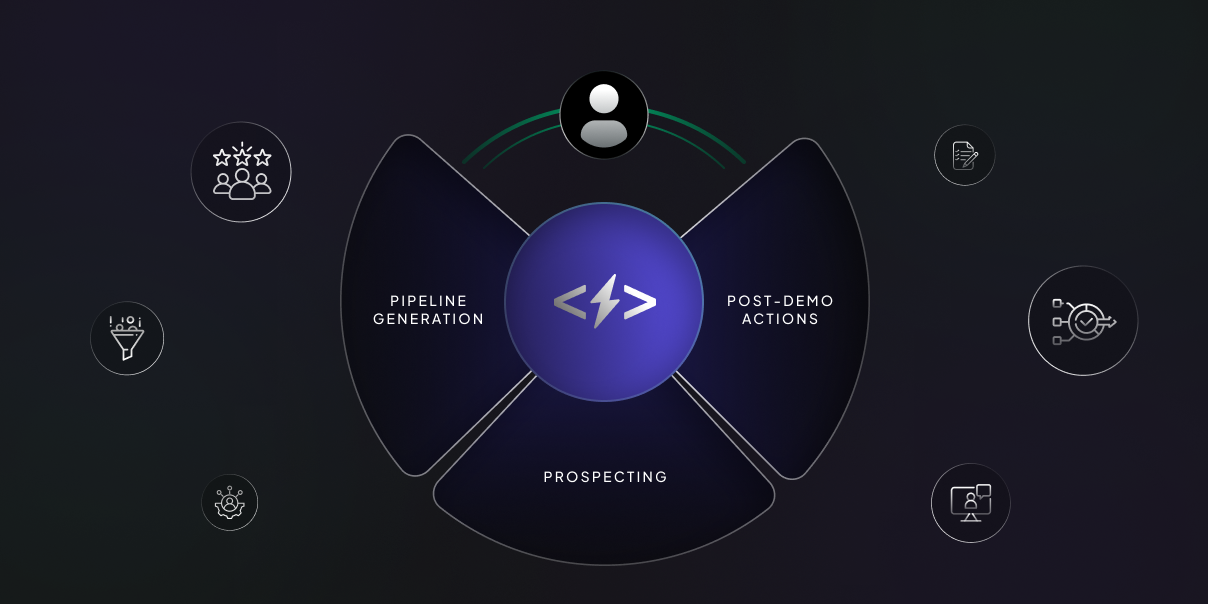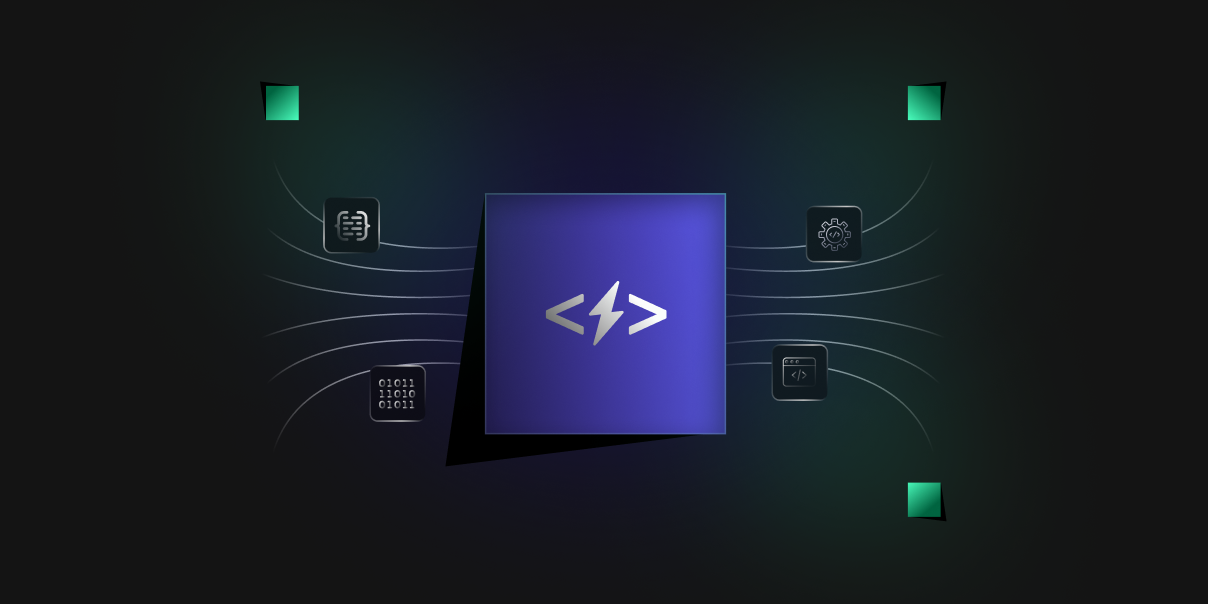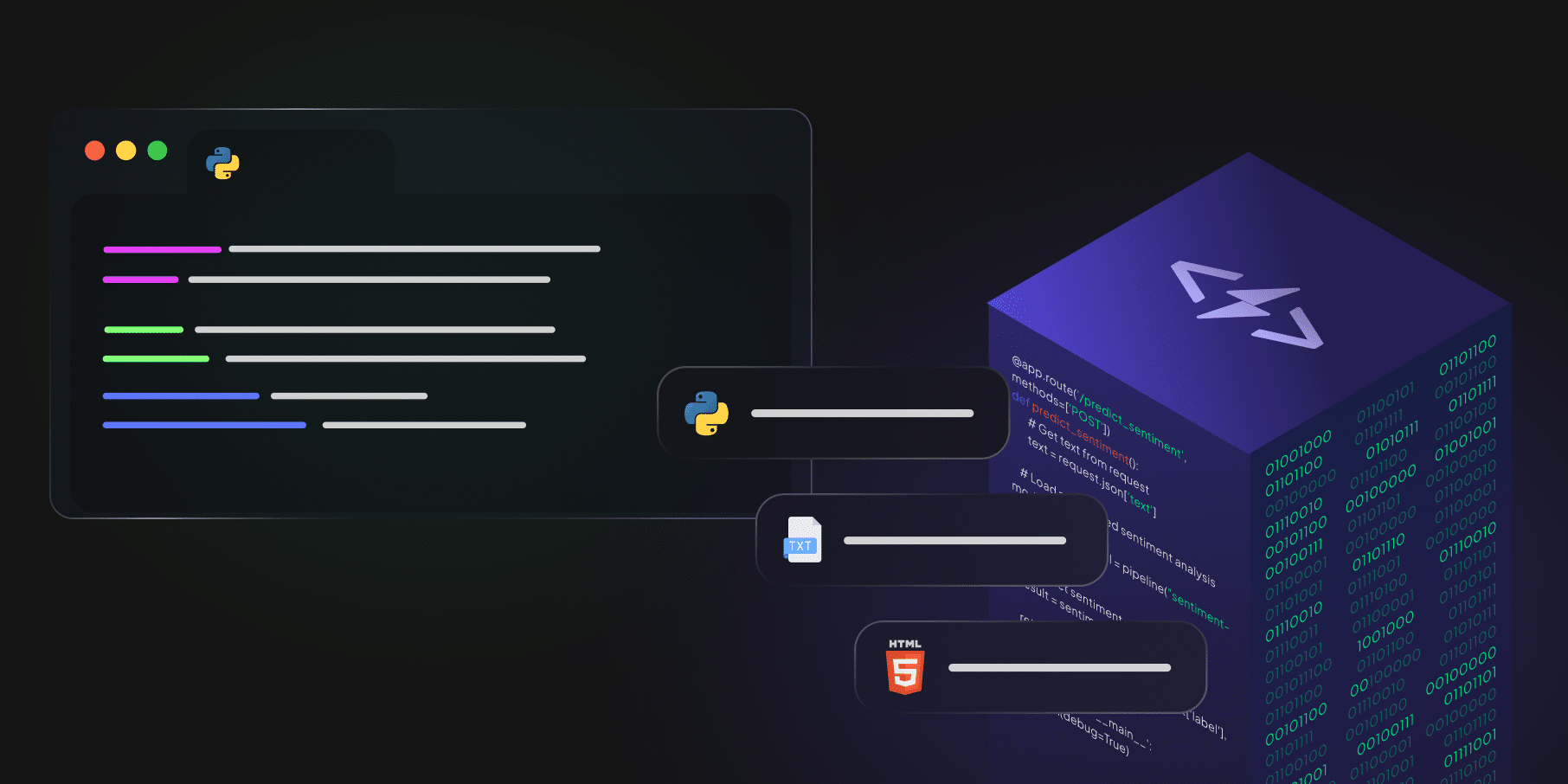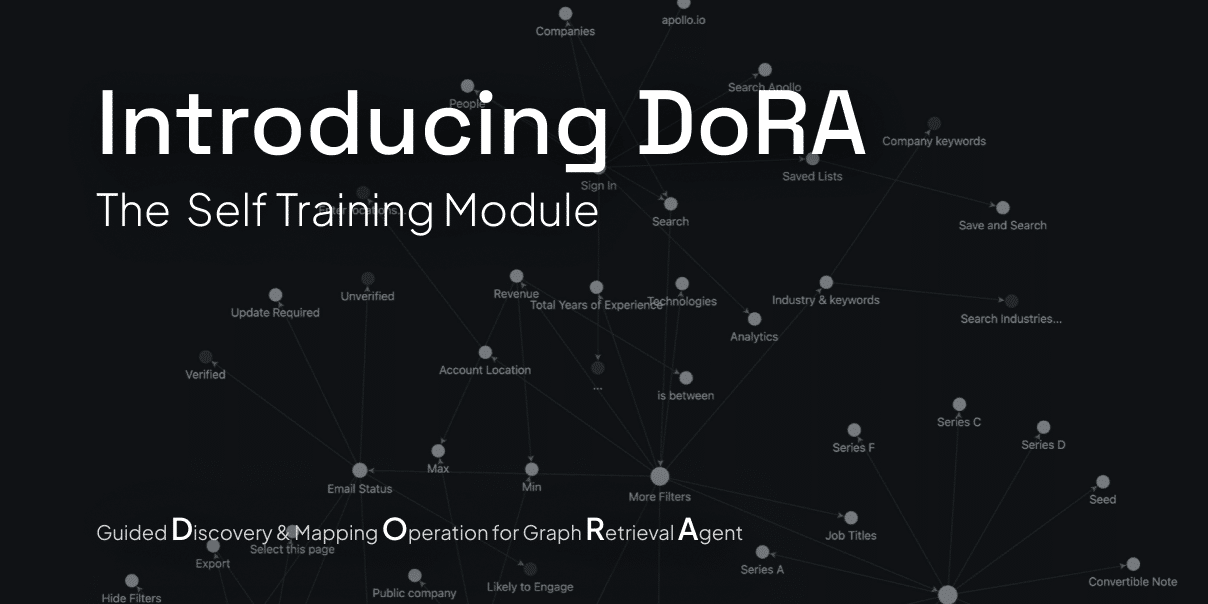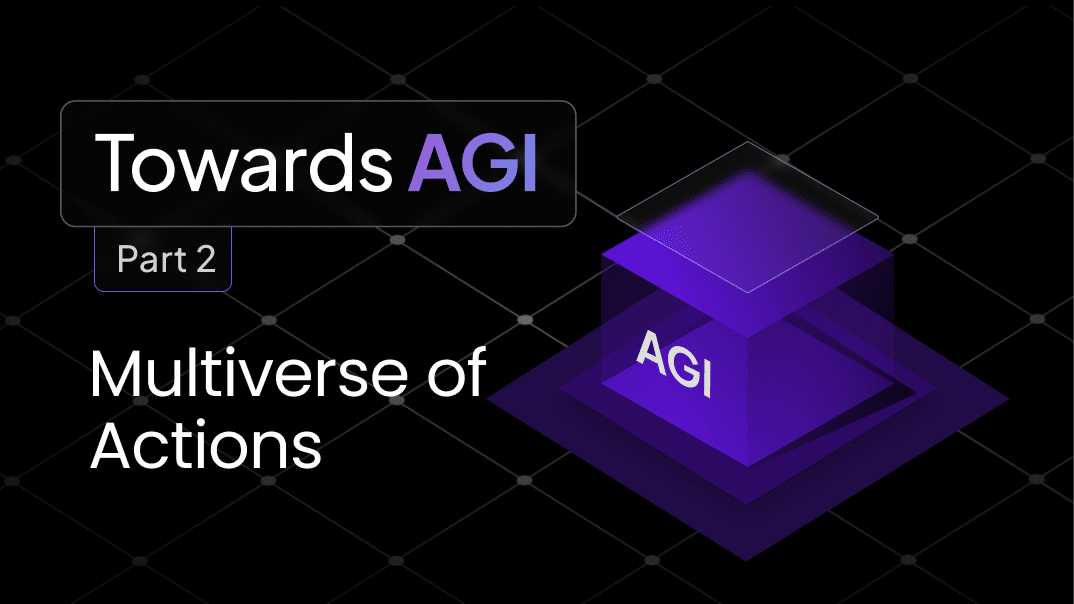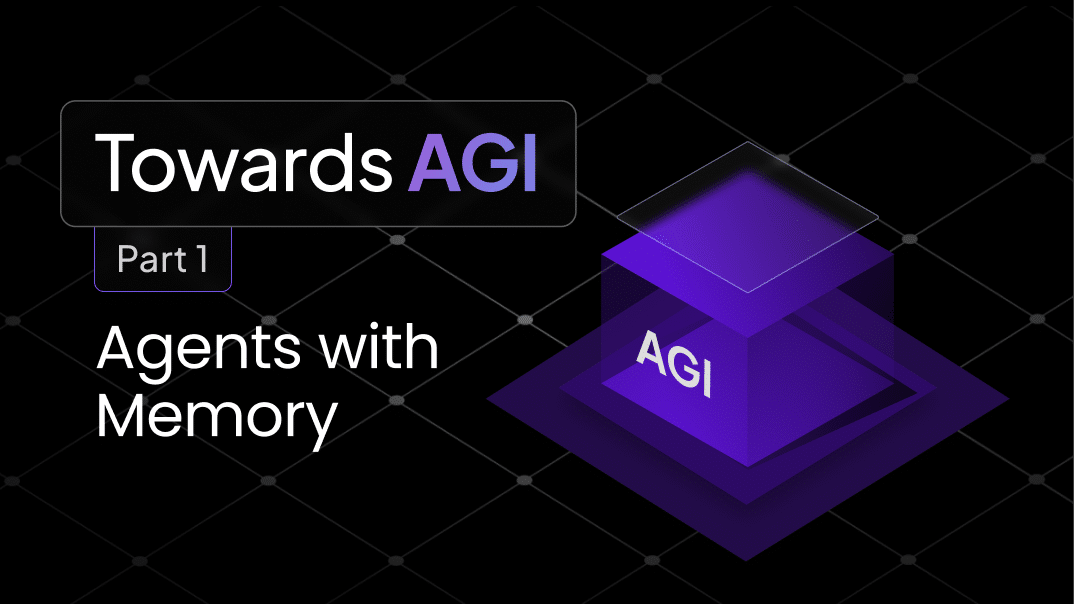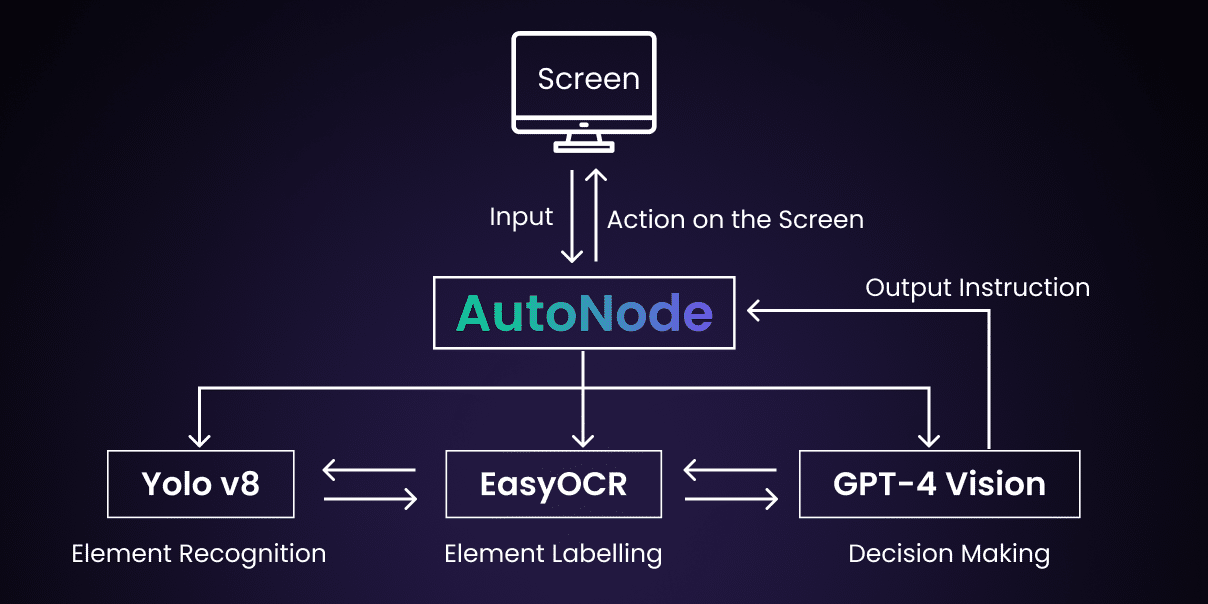Socio-Economic Research Areas
Our Publications
Research

Revolutionizing Customer Relationships: The Ultimate Guide to CRM Automation
In today's fast-paced business landscape, building and maintaining strong customer relationships is more crucial than ever. With the rise of digital transformation, companies are constantly looking for innovative ways to [...]
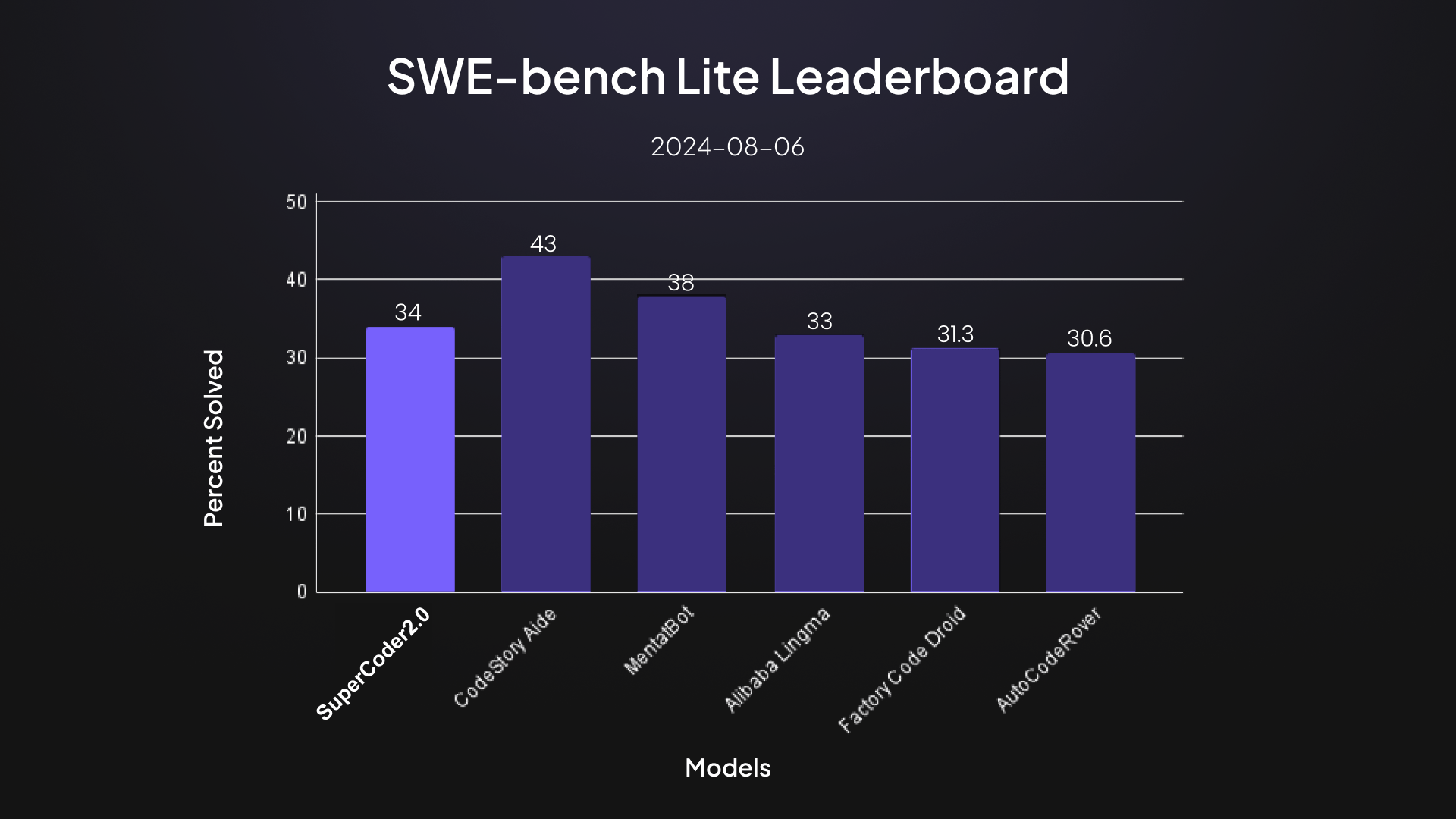
SuperCoder 2.0 achieves 34% success rate in SWE-bench Lite, ranking #4 globally & #1 among all open-source coding systems
Introduction In recent years, there has been a notable surge in the utilization of multi-agent systems powered by state-of-the-art Large Language Models (LLMs) to address a wide array of tasks, [...]
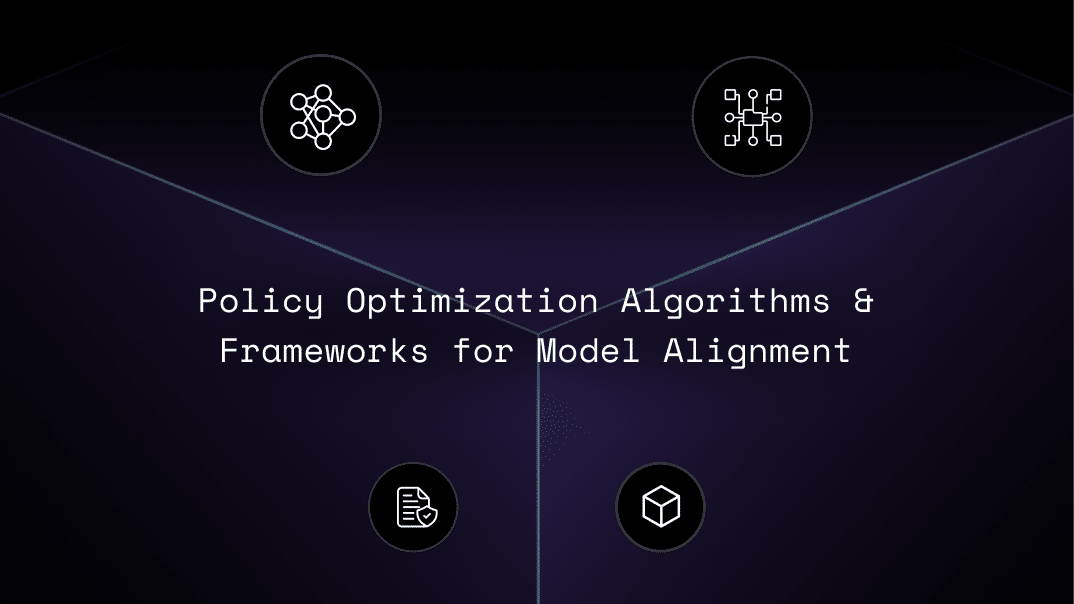
A Deep Dive into Policy Optimization Algorithms & Frameworks for Model Alignment
A Comprehensive Exploration of Policy Optimization Algorithms and Frameworks Introduction Reinforcement Learning (RL) is an intriguing area of machine learning that deals with the actions of intelligent agents within an [...]
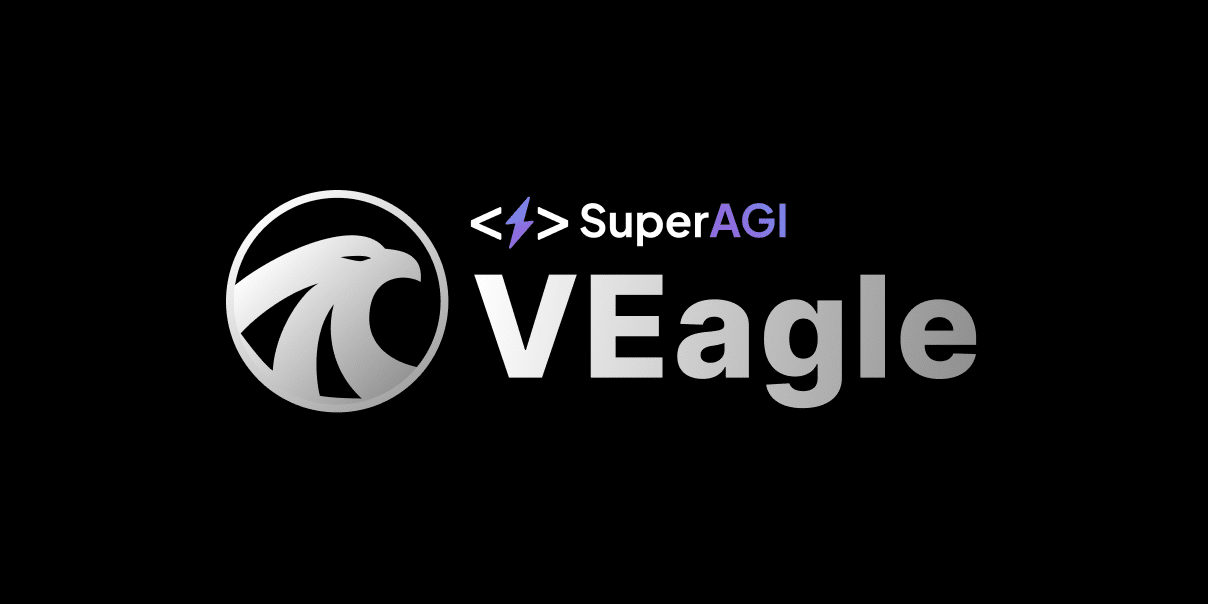
Meet SuperAGI’s VEagle: An Open-source vision model that beats SoTA models like Bliva & Llava
Introduction VEagle significantly improves the textual understanding & interpretation of images. The unique feature of VEagle is in its architectural change along with a combination of different components: a vision [...]

Introducing SAM – A 7B Small Agentic Model that outperforms GPT-3.5 and Orca on reasoning benchmarks
Introduction SuperAGI is focused on developing Large Agentic Models (LAMs) that will power autonomous AI agents. As part of this effort, we have been working on enhancing multi-hop sequential reasoning [...]
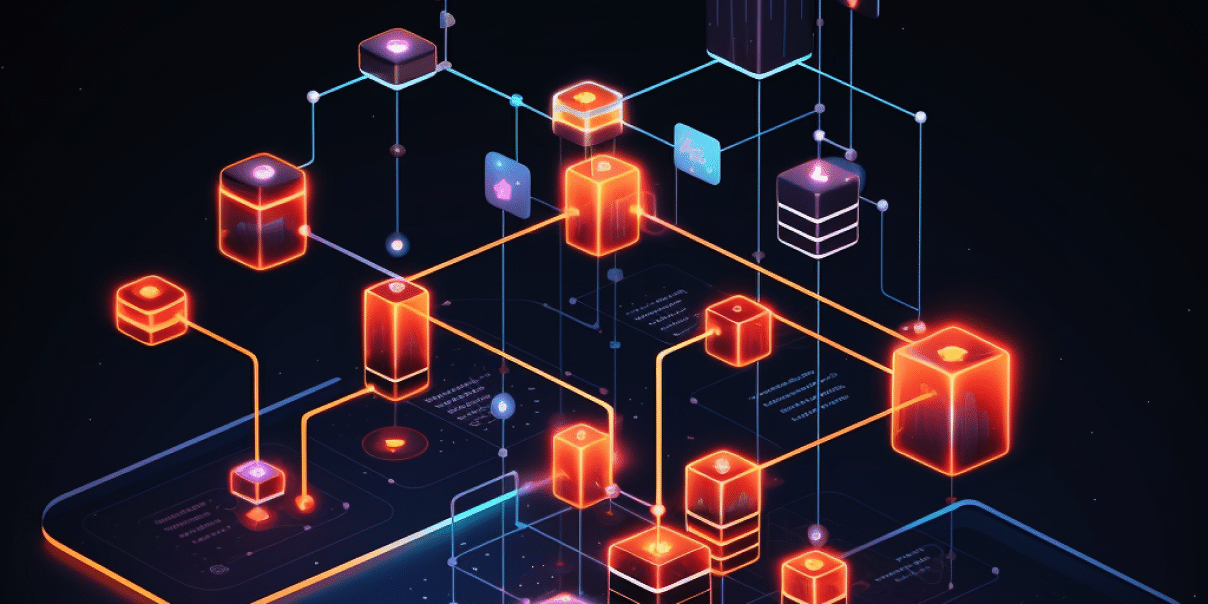
Introduction to RAGA – Retrieval Augmented Generation and Actions
Retrieval-augmented generation (RAG) has made significant strides in enhancing the Language Model's (LLM) ability to provide contextual and informed responses by leveraging external knowledge bases. The process chiefly involves an [...]
Spotlight Papers
Research papers we are reading


